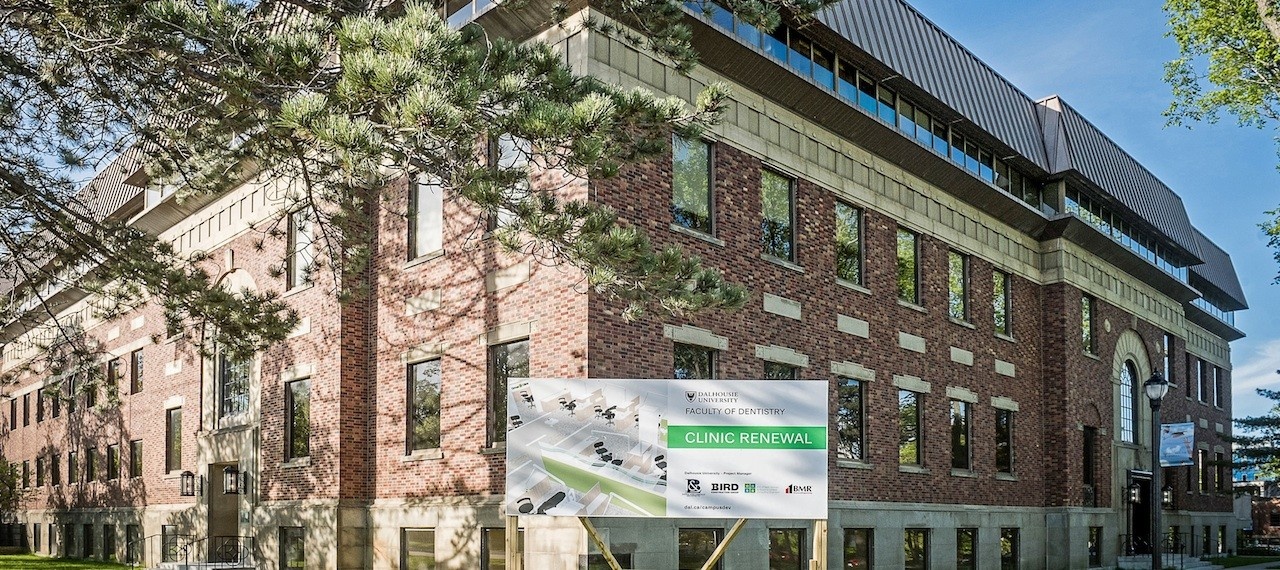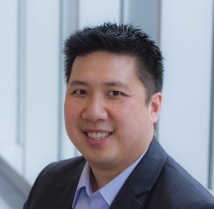Brendan M. Leung
Associate Professor
Email: bleung@dal.ca
Phone: (902) 494-8813
Research Topics:
- Biomaterials
- Tissue Engineering
- Regenerative Medicine
- microfabricated tumour models
- microbial-mammalian co-culture platforms
Departments & Cross Appointments:
Department of Applied Oral Sciences
School of Biomedical Engineering
Department of Pathology
Department of Microbiology and Immunology
Associate member, Beatrice Hunter Cancer Research Institute
Dr. Brendan Leung is a biomedical engineer and received his undergraduate training in biochemistry and chemical engineering from the University of Ottawa. He began his research career as an undergraduate trainee, investigating the roles of XIAP in ovarian cancer chemoresistance in Dr. Benjamin Tsang’s lab. He earned his Master’s and Doctorate in biomedical engineering from the University of Toronto, supervised by Dr. Michael Sefton and specializing in cardiac tissue regeneration. Later, Dr. Leung joined Dr. Shuichi Takayama’s group at the University of Michigan to investigate polymeric liquid scaffolds for host-microbe co-culture systems. In 2016, Dr. Leung started his research group at Dalhousie University, and in 2022, he was promoted to associate professor (with tenure) and received the Dalhousie President’s Research Excellence Award. His current research program focuses on the development of advanced tissue construct platforms and assay technologies to understand fundamental phenomenon that govern tissue homeostasis and maladaptation in human diseases. Specifically, he is interested in creating in vitro tools to understand the role of human associated microbes in chronic disease, including metabolic diseases, fibrosis, and cancer. His multidisciplinary research group at Dalhousie focuses on combining multiple tissue components, including epithelium, mesenchyme, immune cells, and microbial colonies in minimalistic fashions to recapitulate tissue level phenomenon, while maintaining the ability to gather meaningful measurements. The group is also invested in the creation and/or adaptation of cutting-edge methods to perturb these engineered tissue models to facilitate biomedical research.

